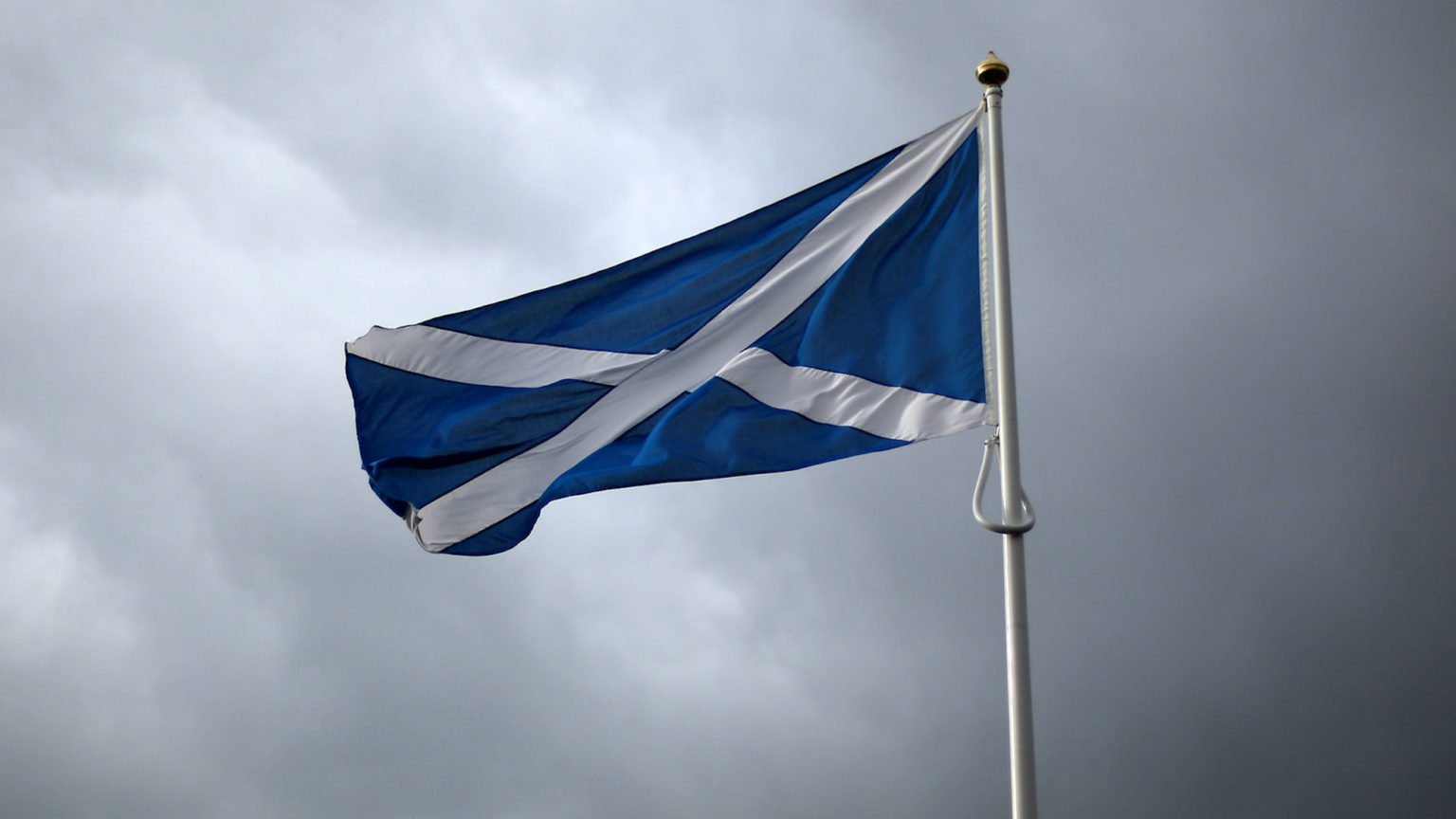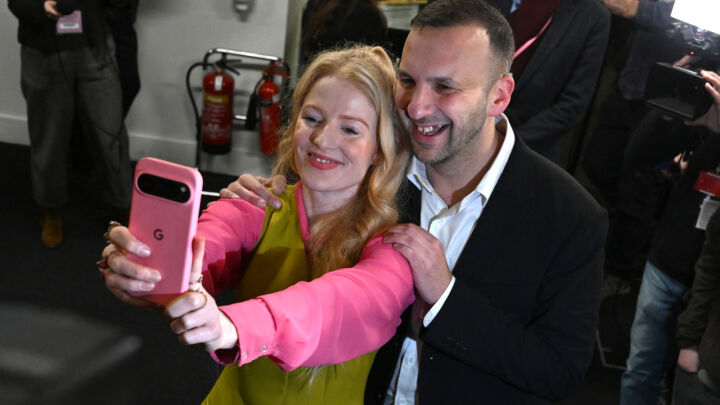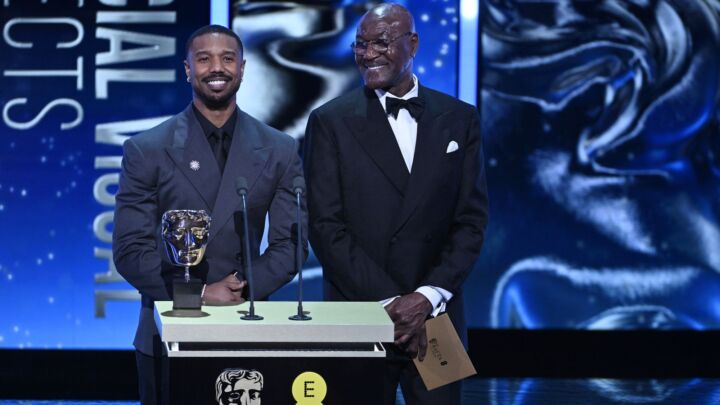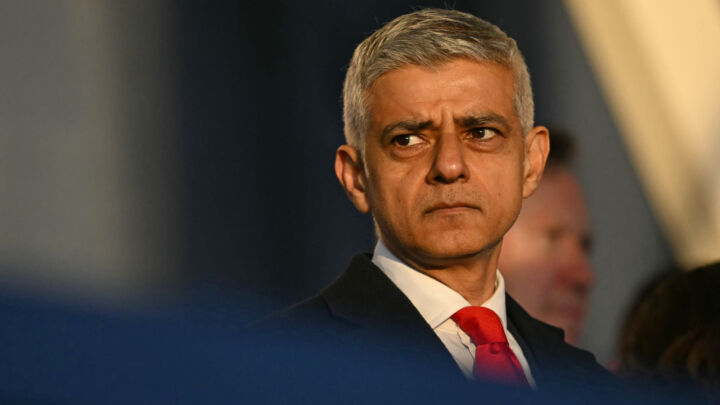Where are Scotland’s free-speech defenders?
Scottish parliamentary candidates are talking about every issue – except one.

Want unlimited, ad-free access? Become a spiked supporter.
In Scotland, the run-up to this year’s election has been dominated by the constitution, coronavirus and climate change. The debates of Holyrood in recent months have simply rolled on into the headquarters of BBC Scotland and STV, to be pitched from studio podiums rather than the benches of the Scottish parliament. The real surprise in Scottish election coverage thus far has been what is not being talked about.
Over the past year, Scotland has been embroiled in a massive stooshie about the SNP’s hate-crime legislation. Barely a day went by without some mention of the bill in the papers or in the Twittersphere. The Hate Crime and Public Order Act, passed in March, threatens to criminalise speech on a range of issues if it is thought to be ‘hateful’. It is dangerously ambiguous and lacks sufficient safeguards. Strangely, the controversy seems to have been forgotten about.
Neither has there been any meaningful discussion about the arguments surrounding gender-recognition reform. There is acute concern among women’s groups in Scotland that critics of trans ideology are being silenced and harassed, merely for raising concerns about the safety of women and girls and the erosion of sex-based rights. In the last year, women parliamentarians have been targeted by misogynistic abuse for speaking out. But again, these free-speech concerns have been conspicuously absent from discussions.
There are many important issues to discuss in the run-up to the elections: the shape of the constitution, the future of the economy, and the environment. All of these are valid discussion points, of course. However, Scotland is facing a full-frontal assault on its civil liberties and politicians do not seem in the least bit concerned. Where is the opprobrium over illiberal legislation like the Hate Crime Act? Or the wider cancel culture that leads to citizens with unfashionable views being shamed and barred from participation in the public square?
Where is the revulsion that women across Scotland are being silenced and ignored when they express perfectly legitimate concerns about an erosion of women’s rights? High-profile figures like JK Rowling and SNP MP Joanna Cherry have been savaged for exercising their democratic right to free speech. And countless women are being attacked online and in the workplace for supporting sex-based rights..
The democratic freedoms of Scots up and down the country are taking quite the battering, yet no Holyrood incumbent seems remotely interested in addressing the public’s fears. It is only the minor parties, and sometimes the fringe parties, that seem to have any concern about issues involving free speech.
A reluctance to defend speech rights can, in part, be attributed to a sinister perception that those who support free speech have ulterior motives. The woke elites in Scottish society balk at the idea of upholding the right to propagate offensive, controversial or unpalatable ideas. They will often talk the talk about free speech, but rarely will they walk the walk. They are far more interested in appeasing minority groups such as the trans lobby, which has no interest in defending free expression, and, in some cases, seeks actively to undermine it.
In failing to discuss free speech, mainstream politicians are misjudging the priorities of the public. Opprobrium about the Hate Crime Bill extended to almost every corner of society. Critics emerged from the police, the legal profession, academia, religious groups and feminist organisations. The public is also exercised about free speech. Polling for the Free to Disagree campaign found that 87 per cent of Scots hold free speech to be an ‘important right’. Two thirds of that same cohort felt debate is too quickly ‘shut down’.
Failing to prioritise and protect freedom of speech and expression in the next parliament raises the prospect of yet more censorious legislation and a continuance of cancel culture, which is casting a pall over political debates across the board. This wouldn’t be in anyone’s interests, least of all us ordinary punters trying to go about our lives.
As elected officials, politicians must act in the interests of their constituents. At the most fundamental level, they should be the guardians of democratic freedoms. Frankly, if candidates will not commit to standing up for freedom of speech, then the Scottish public should think twice about voting for them.
Jamie Gillies is a campaigner and spokesman for the Free to Disagree campaign.
Picture by: Getty.
You’ve hit your monthly free article limit.
Support spiked and get unlimited access.
Support spiked and get unlimited access
spiked is funded by readers like you. Only 0.1% of regular readers currently support us. If just 1% did, we could grow our team and step up the fight for free speech and democracy.
Become a spiked supporter and enjoy unlimited, ad-free access, bonus content and exclusive events – while helping to keep independent journalism alive.
Monthly support makes the biggest difference. Thank you.












Comments
Want to join the conversation?
Only spiked supporters and patrons, who donate regularly to us, can comment on our articles.